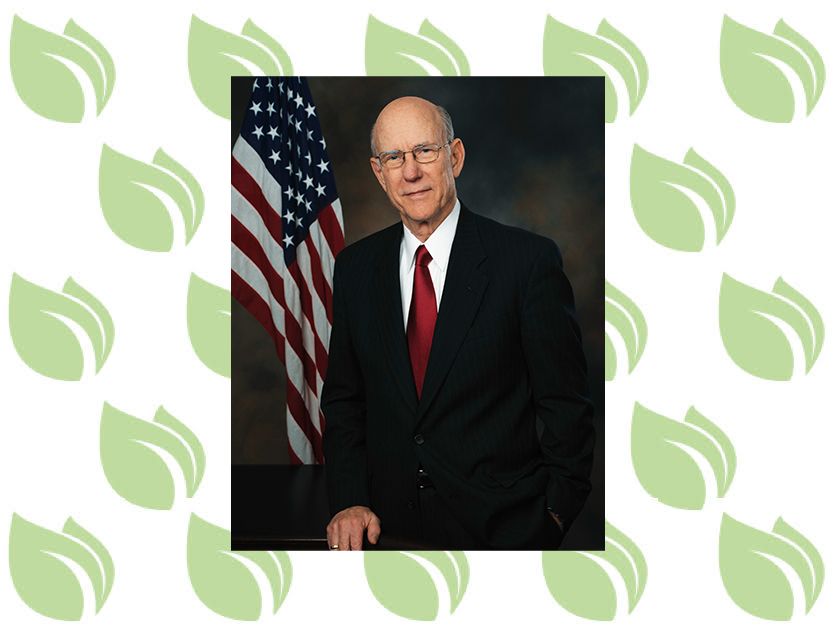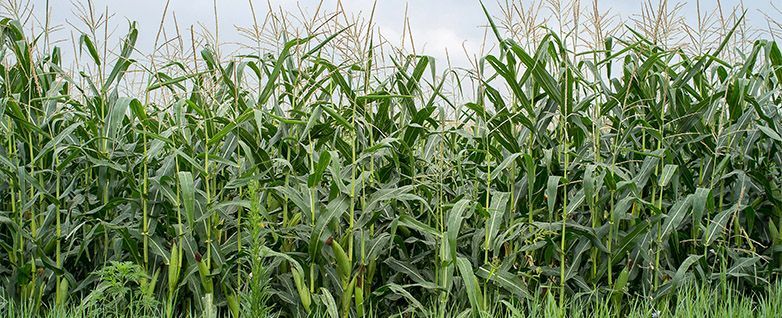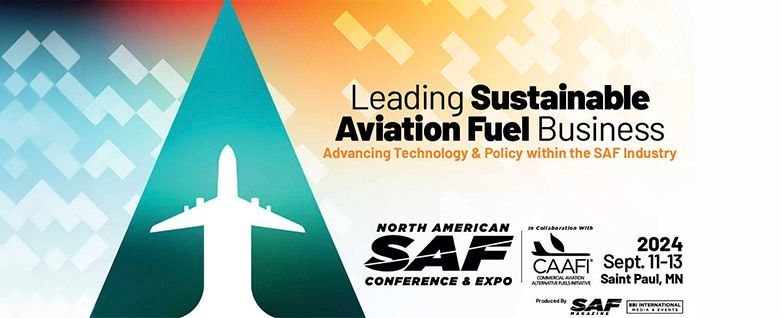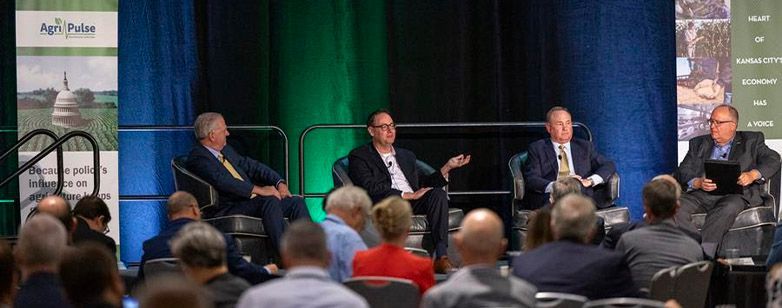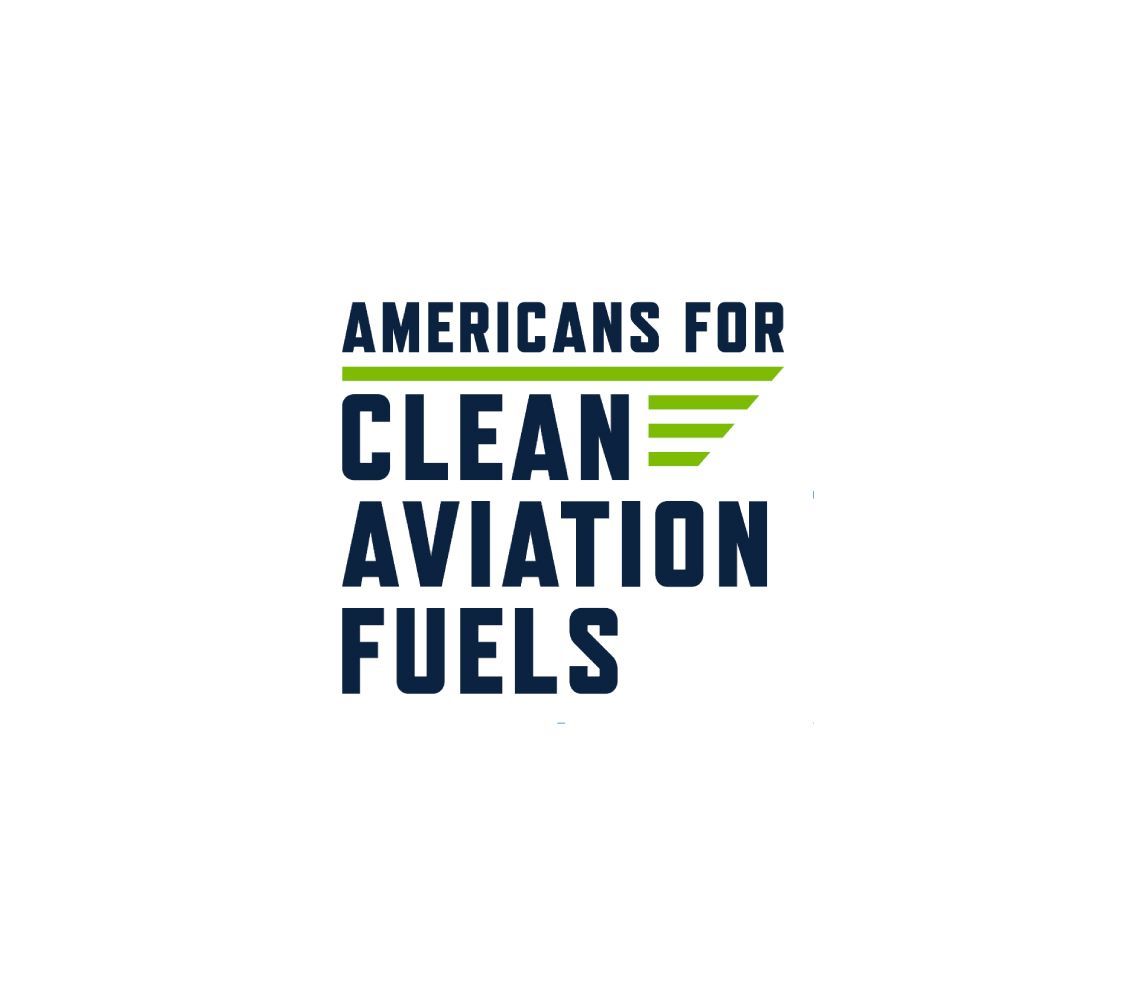Airlines for America in the Washington Times: “Embracing Sustainable Aviation Fuel will Help American Farmers Thrive”
AIRLINES FOR AMERICA IN THE WASHINGTON TIMES; "EMBRACING SUSTAINABLE AVIATION FUEL WILL HELP AMERICAN FARMERS THRIVE"
In Case You Missed It: In a Washington Times opinion piece, Airlines for America’s (A4A) Chief Sustainability Officer Kevin Welsh highlights the clear economic and national security benefits of scaling up American sustainable aviation fuel (SAF) production. Welsh argues that SAF is the future of aviation, highlighting its ability to reduce carbon emissions, create American jobs and increase domestic energy independence overall. A4A is a founding member of Americans for Clean Aviation Fuels, a dynamic coalition of industry leaders from the aviation, manufacturers, energy and agricultural sectors, united in their mission to advance the production and adoption of clean aviation fuels.
“One of the most promising opportunities for further progress is to increase the production of sustainable aviation fuel. SAF can reduce emissions from aviation, support job creation in rural communities and increase U.S. energy independence,” Welsh writes.
Embracing sustainable aviation fuel will help American farmers thrive
By Kevin Welsh
April 17, 2024
As U.S. airlines continue to deliver safe and reliable air transportation to millions of Americans every day, our sector is committed to a greener, more sustainable future. U.S. airlines transport over 2.6 million passengers and 61,000 tons of cargo per day, while contributing only 2% of domestic greenhouse gas emissions. Looking ahead, we have committed to achieving net-zero emissions by 2050.
When it comes to the environment, airlines have a strong track record of reducing emissions and noise and consistently improving fuel efficiency, which further reduces fuel costs and emissions. We are proud of our industry’s environmental track record, and we are committed to meeting aggressive goals to build a brighter future for generations to come.
One of the most promising opportunities for further progress is to increase the production of sustainable aviation fuel (SAF). SAF can reduce emissions from aviation, support job creation in rural communities and increase U.S. energy independence.
SAF is derived from renewable sources, including agricultural products and wastes. It can reduce carbon emissions by up to 80% compared to conventional jet fuels, making it a crucial tool in reducing the sector’s environmental impact. SAF is also compatible with today’s aircraft and infrastructure, meaning that airlines are already using SAF today, and production and use of SAF can be substantially increased without waiting for new technologies to be introduced.
Importantly, the potential for SAF extends well beyond the aviation sector and across the American economy. Investing in SAF production can create jobs in rural areas, support farmers, and stimulate innovation in renewable energy technologies. This not only benefits the environment but also strengthens local economies and relies on American-grown crops and resources.
One of the main challenges to increasing the production and use of SAF is cost. SAF is not yet commercially viable at scale and is approximately 3-5 times more expensive to produce than traditional jet fuels, mainly due to limited production capacity and economies of scale. Governments and stakeholders across the value chain must collaborate to incentivize investment in SAF production and bring down costs to make SAF more competitive and economically viable.
While important progress was made with the passage of the first-ever federal SAF tax credit in 2022, the short duration of the credit and associated clean fuel production credit (5 years combined), does not provide enough certainty or longevity to meaningfully catalyze investment in SAF production at scale.
Congress should extend and improve the SAF tax credit to provide increased certainty and support for dramatically increasing the production of SAF, while also seizing other opportunities to support American aviation and agriculture. One such opportunity is the inclusion of Rep. Max Miller’s (R-Ohio) “Farm to Fly Act” in the must-pass Farm Bill.
Despite the challenges, the benefits of transitioning to SAF are clear. Not only does SAF offer a way to significantly reduce aviation emissions; it also supports job creation, economic growth in rural America and technological innovation. As we look to the future, we must prioritize the development and deployment of SAF as part of a broader strategy to create a cleaner, more sustainable aviation industry and achieve ambitious environmental goals.
Kevin Welsh is Airlines for America’s vice president of environmental affairs and chief sustainability officer.
Media Contact:
Mickey Sundermann
About Americans for Clean Aviation Fuels (ACAF)
ACAF is a dynamic coalition of industry leaders from the aviation, manufacturers, energy, and agriculture sectors, united in their mission to advance the production and adoption of clean aviation fuels. Committed to driving economic growth, reducing emissions, and bolstering national security, ACAF represents a pivotal force in propelling sustainable aviation practices in the U.S. while creating good-paying jobs. For more information about ACAF and to see a list of founding members, please visit www.americansforcleanaviationfuels.com.


